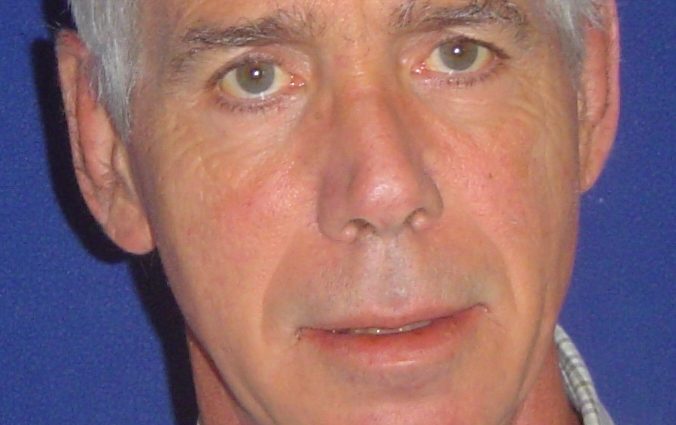Munich Takes the Initiative
 Canada, and North America as a whole, have always lagged behind the Europeans regarding energy efficiency. Perhaps it’s because we’ve had it too cheap for too long. As we’ve never had to pay European prices for oil, gas and electricity, we don’t appreciate the true value of what we have, and we have no incentive to conserve.
Canada, and North America as a whole, have always lagged behind the Europeans regarding energy efficiency. Perhaps it’s because we’ve had it too cheap for too long. As we’ve never had to pay European prices for oil, gas and electricity, we don’t appreciate the true value of what we have, and we have no incentive to conserve.
By 2015, Munich hopes to supply enough renewable electricity to meet the needs of all private households in the city. Currently, the capital of the state of Bavaria, best known here for itsOktoberfest and BMWs, relies on a mix of energy sources including non-renewable electricity generated from coal and nuclear power plants. By 2025, the city hopes that all its business and industry will also be using electricity from renewable sources.
The city estimates an investment of €9 billion ($13.4 billion US) will be necessary to produce the 7.5 billion kilowatt hours of renewable energy needed by its 1.3 million citizens.
According to Munich Mayor Christian Ude, “A city needs to be in the position financially to institute energy conservation programs….” Ude budgets €10 million annually to promote energy saving construction and renovation.
The city has a long-standing commitment to reducing its dependence on non-renewable energy. In 1997, Munich began operating the largest roof-top solar panel in Europe. It spans six roofs and has produced 10 million kilowatt hours of energy so far, enough to supply the energy for 4,000 private homes.
Other green energy projects instituted by the city include a wind power unit that has generated 2.3 million kilowatt hours of eco-friendly electricity and a novel geothermal heating plant. Munich’s geothermal plant was the first of its kind in the world, but 55 countries have since adopted models resembling it. Since 2004, the plant has spared the city 34,000 tons in CO2 emissions, about ten percent of the CO2 emissions generated annually by car traffic in Munich.
Munich’s efforts towards using “green electricity” do not extend only to the supply side. Integral to the plan is cutting the demand for energy. Heating (and cooling) our houses, for most families here and in Europe, is our single largest energy requirement. Key to Munich’s plan is the conversion of houses to the so-called Passive House standard. These houses, in climates quite similar to our own, do not even have furnaces, they are so well designed and built.
Next week, we’ll have more details about the Passive House concept.
please visit the sponsor of Komorowski’s Korner EOSoultions.ca

